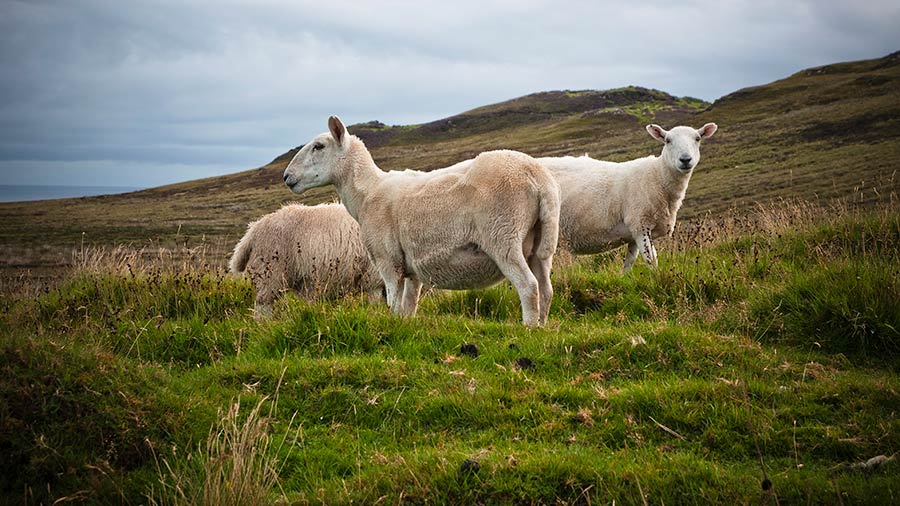Upland cash a ‘red line’ for NFUS in Scots Ag Bill talks
 © AdobeStock/Joaquin Corbalan
© AdobeStock/Joaquin Corbalan A ring-fenced budget for direct support to upland farmers will be a “red line” for NFU Scotland in talks over the Agriculture Bill in Holyrood.
The union sees this funding as a successor to the Less Favoured Area Support Scheme (LFASS), which currently provides income support to farm businesses in remote and constrained rural areas.
LFASS, which will continue until 2024, is designed to keep farmers viable, reduce the risk of land abandonment, ensure continued agricultural land use and maintain sustainable farming systems.
See also: Scots government dismisses calls to update LFA support
Speaking to journalists at the Royal Highland Show, Jonnie Hall, NFUS director of policy, acknowledged the scheme would cease to exist under the new plans for four-tiered support, but called for similar payments to be made available under Tier 1.
“We’re unequivocal – and this will be one of our red lines on the Agriculture Bill – that there must be a component of disadvantaged area support that serves the same purpose and objectives as LFASS,” he said.
“This must be written into the Bill, so it’s an obligation on ministers to come. And it must have its own ring-fenced budget as well, so we’re protecting our uplands and more disadvantaged areas in this way.
“We recognise that clearly the cost structures are very different from other parts of Scotland, let alone the rest of the UK.
“They need that additional support to retain the vitally important extensive grazing systems we have.”
Mr Hall’s comments come shortly after Shona Robison, the deputy first minister and finance secretary, confirmed that £33m, which was deferred from the Scottish farm budget last year, is to be returned.
“The money is coming back,” Mr Hall said. “The decision we have to engage with the Scottish government on now is how that money is going to be spent.”
